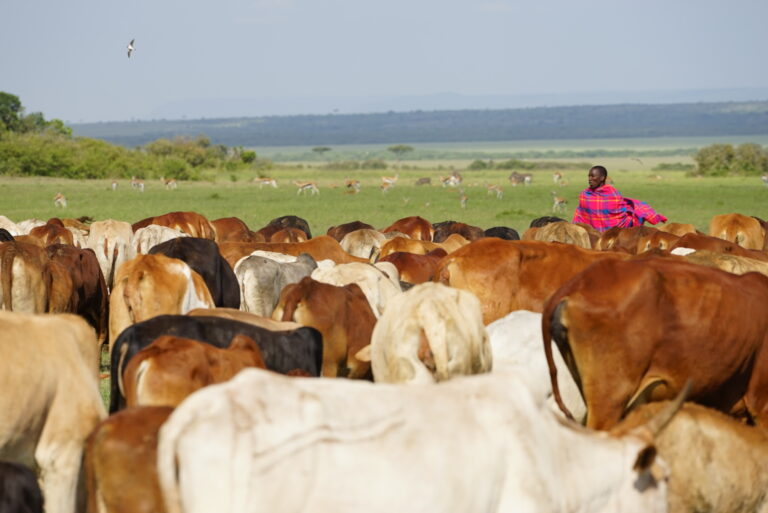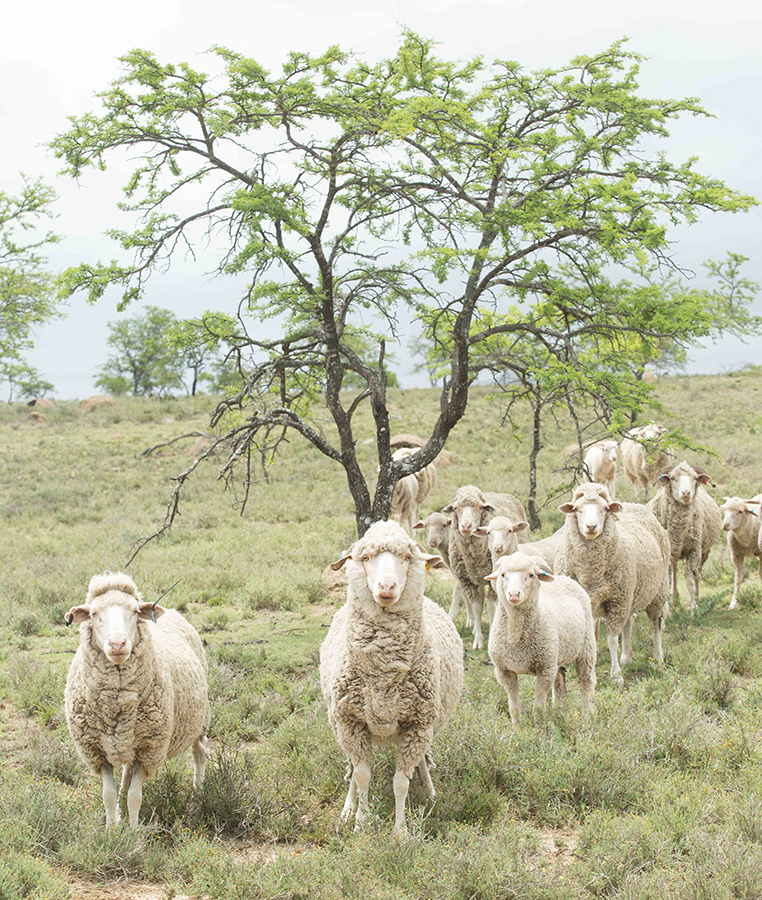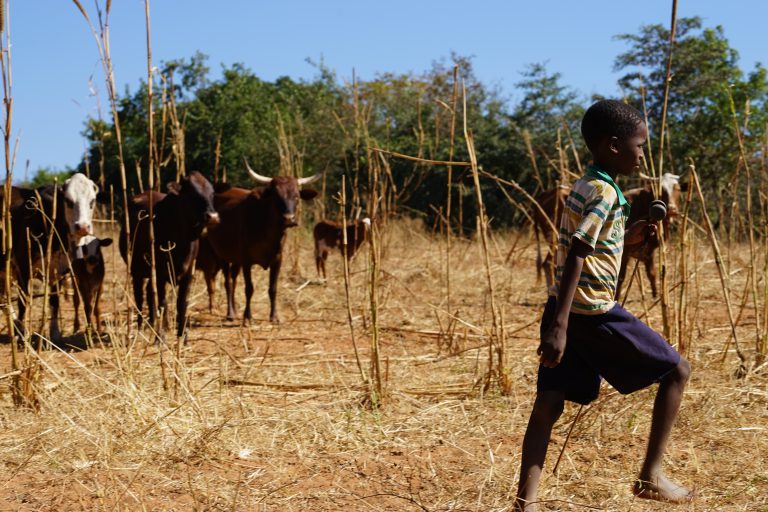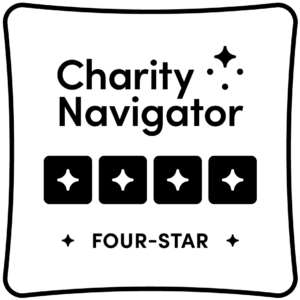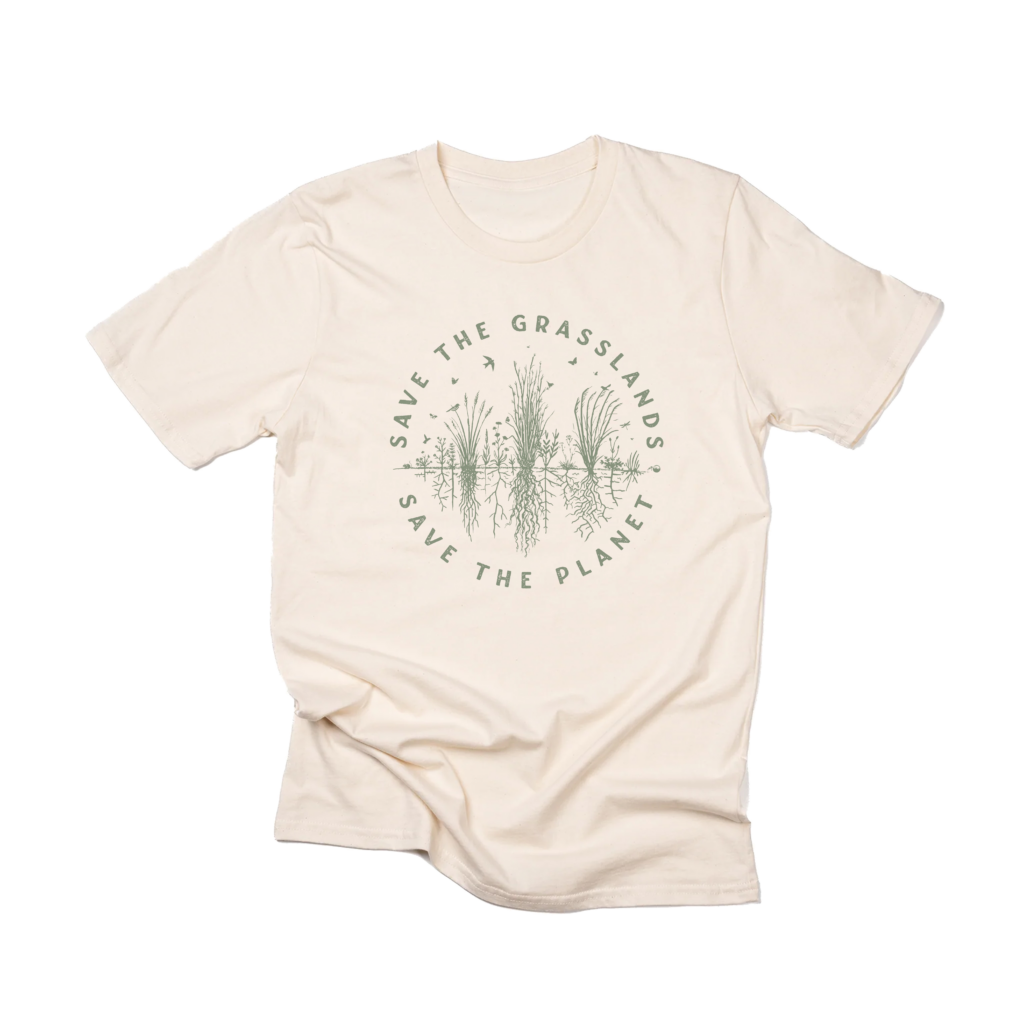Earlier this month, a group of soon-to-be Savory Hubs gathered at the Mara Training Centre in Kenya for a 9-day Holistic Management Intensive course. As new Hubs to the Savory Global Network, they’re going through an 18-month accreditation that includes, among other things, two separate 9-day trainings. One teaches the ins-and-outs of Holistic Management while the other focuses on running a Savory Hub (i.e. building impact strategies for each region).
With attendees from Denmark, India, Kenya, Nigeria, and Uganda, there was quite the global representation. Most notably, however, is that a majority of these new Hubs will be providing support to areas where communal farming and pastoralism are the presiding forms of land management.
Unlike commercial farming/ranching operations where land is clearly demarcated, owned, and managed, in communal farming there is shared land, herding, and plenty of community mobilization that must happen before being able to implement a holistic grazing plan.
To that end, we teach a separate curriculum (known as Holistic Land and Livestock Management, or HLLM) through our communal-focused Hubs that has a greater focus on community mobilization. Since communal trainers engage communities with varying degrees of schooling and literacy, the curriculum also uses picture cards for ecological literacy, a simplified version of the Holistic Planned Grazing module with regards to calculations, and plans that are more adapted to herders on foot.
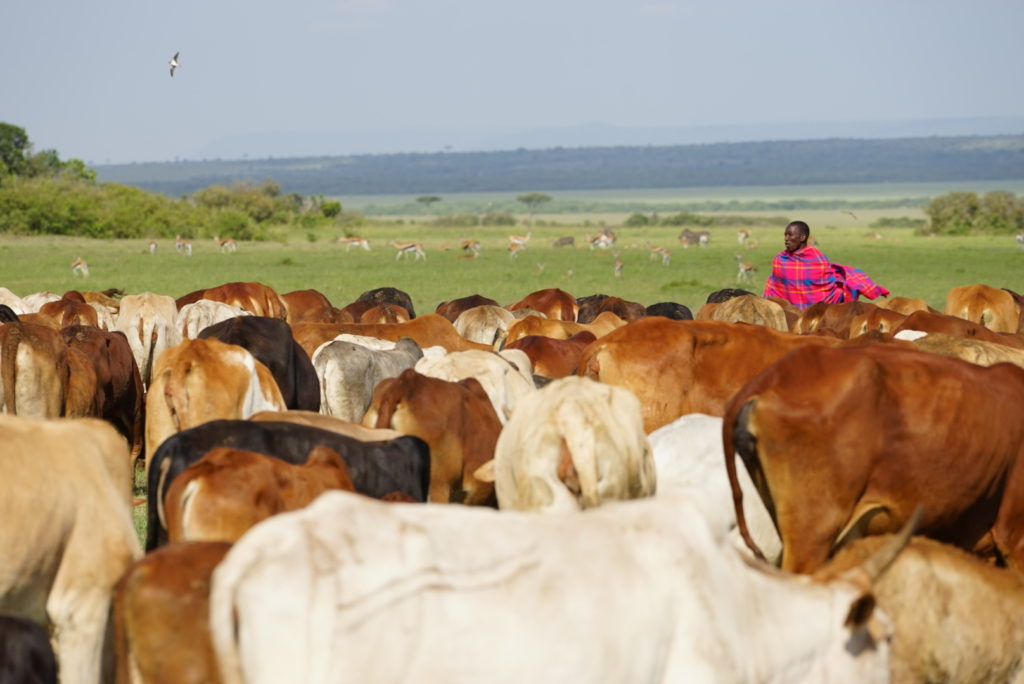
In addition to being the first time Savory has taught a Hub group where communal is the main focus, Hubs had the pleasure of attending this course at the Mara Training Centre — the Savory Hub in Kenya — to witness firsthand how they support local Maasai communities in the Enonkishu Conservancy.
Previously, the Maasai communities all ran separate herds which competed with one another for grass, never truly giving the land a chance to recover after grazing. Now, the communities join their herds together each morning to form one large herd that is grazed across the shared conservancy land according to a holistic grazing plan. This provides greater animal impact, increased recovery periods, and ultimately a regenerating grassland ecosystem that has brought back wildlife of all types in incredible numbers.
While the model of Mara Training Centre may revolve around training, eco-tourism, and wildlife conservation, no Hub is the same, so each of these new Hubs will be taking Holistic Management back to their respective countries and applying it in a locally-appropriate context.
In India, for example, cattle are sacred and their slaughter is illegal in many places. Very little beef is consumed, but livestock can still be a tool for improving fertility and resilience on smallholder crop farms, so this will be a main focus of the Indian Hub. In Nigeria, there is tremendous conflict between the desertifying northern rangelands, the productive tropical lands to the south, and the resulting migrations and battles over resources. The Nigerian Hub will work to bring productivity back to the northern regions and reduce the conflict.
The true beauty of Holistic Management is that it’s not a one-size-fits-all approach. Holistic Management is based on a decision-making framework that can be adapted to fit anyone’s unique context. Once these new Hubs become accredited, they will be taking what they have learned and adapting it to fit their local georgraphies, climates, markets, policies, and communities – each with a different approach, some drastically different than others, but together adding to the Savory Global Network of Hubs that are bringing critically-needed solutions to grasslands around the globe.
Interested in becoming a Savory Hub? Click here to apply.
